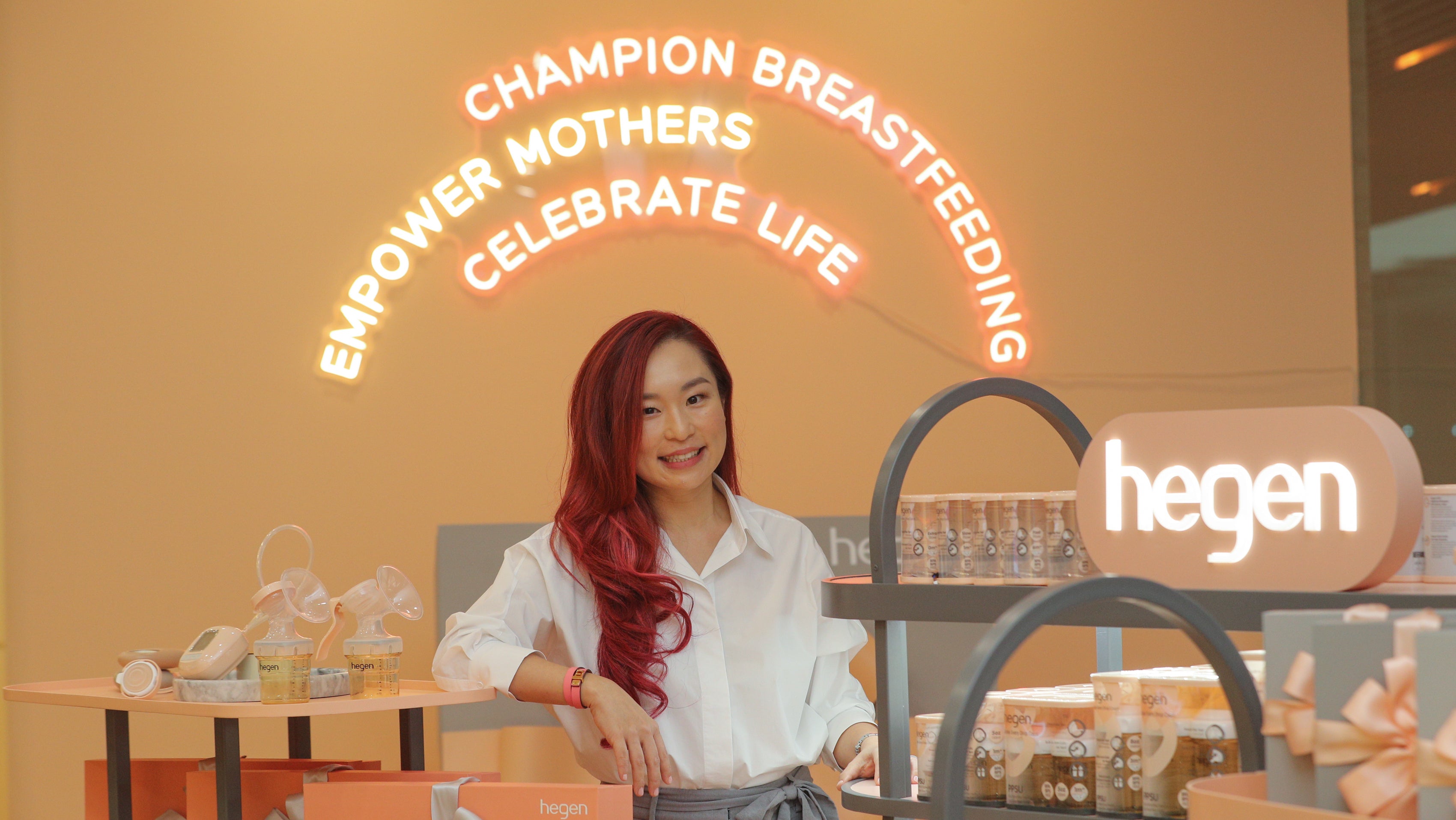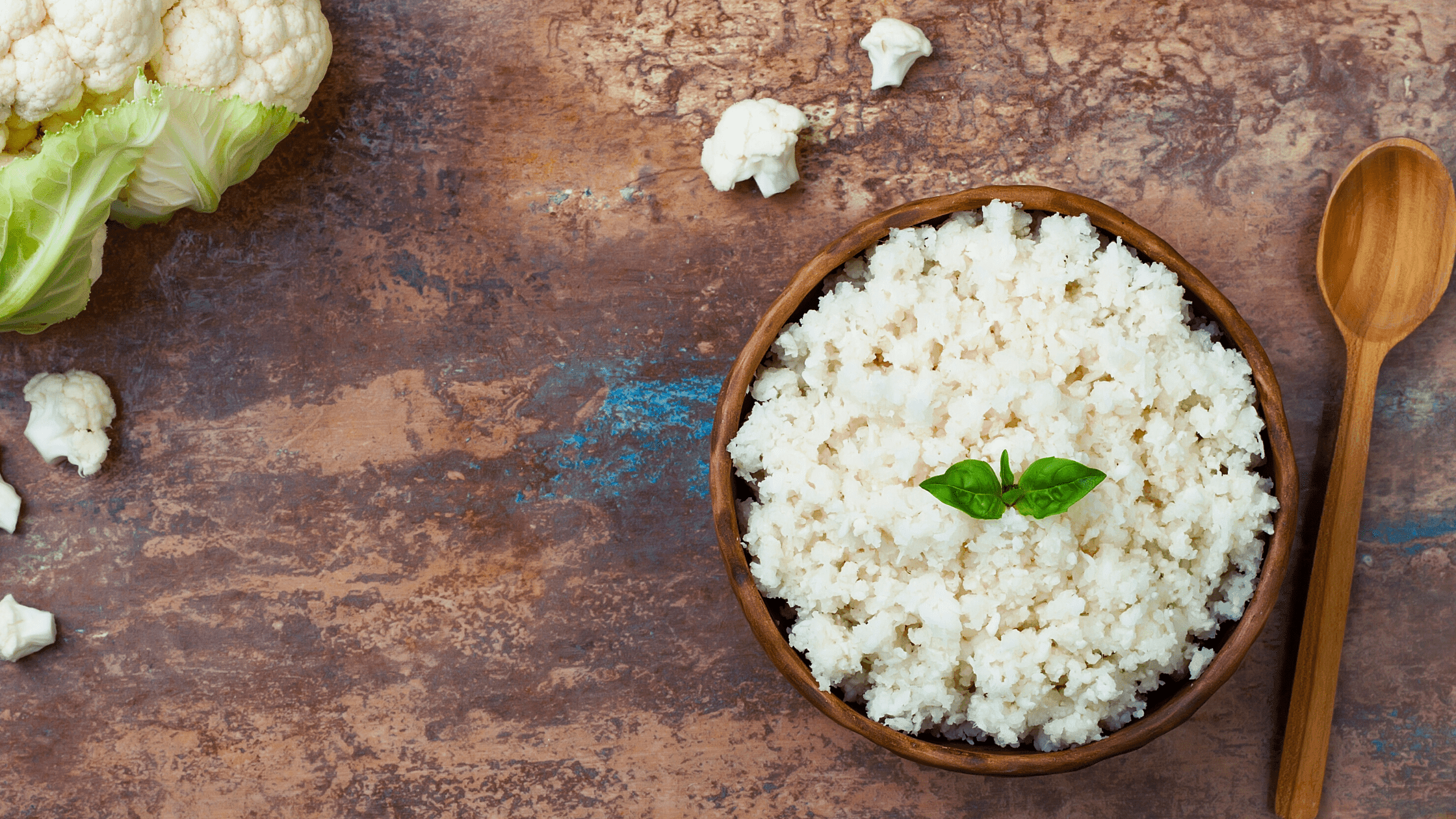
15 Proven Benefits of Breastfeeding
As a new mother, you have two main choices when it comes to feeding your baby: breastfeeding and formula.
Your delicate, newborn baby can't tell you what it needs and wants, so you need to make the best choice for them (and yourself).
Most experts agree that breastfeeding is the way to go. Of course, you'll discover that breastfeeding can be a painful, frustrating process.
There are a number of reasons to stick with it, though.
Here are 15 proven benefits of breastfeeding that include saving money, losing weight, reducing illness and more!
1. Save Money
Babies are undoubtedly expensive.
You need to buy a stroller, a crib, clothes and shoes every time they grow, and toys. Not to mention the cost of college in eighteen years.
If you can save money in different places, you should. If you breastfeed, you won't have to spend money on formula.
Formula costs up to $1,500 in a baby's first year. That money is better saved in a college fund.
You have free food for your baby right in your breasts, so you may as well use it instead of spending the money on formula.
You'll also save a lot of time when it comes to making and cleaning bottles as well as planning bottles for long outings since you have food with you everywhere you go.
Side Note: We're in the time of COVID-19 as we're writing this so you're not having to worry about taking your baby on outings or having to pack for overnight trips.
2. Ideal Nutrition for Baby
You want your baby to get the best nutrition possible.
Well, breast milk offers everything your baby could possibly want. The very first breast milk you produce, known as colostrum, is thick, yellow in color, and filled with antibodies and nutrients.
The milk changes as the baby adjusts to world outside of the womb. The milk gives the baby just the right amount of fat, sugar, protein, and hydration necessary to help them grow properly.
Formula tries to mimic nature's perfect recipe, but it's like someone trying to recreate grandma's perfect cookies. It just can't be done.
3. Lose Weight
The first thing most moms want to do after giving birth is to lose weight and get their body back to the way it looked before pregnancy.
Well, breastfeeding can actually help with that. It takes energy to breastfeed. In fact, it burns up to 500 calories every single day.
It would take about an hour of running at 5 mph to burn 580 calories. The milk in your body contains calories.
When your baby drinks the milk, they are essentially consuming those calories for you. They need the calories to grow properly, and you want them out of your body so lose weight.
It's a win-win situation for the both of you to maintain an ideal weight.
4. Help Heal Your Body
Having a baby is rough on your body. It doesn't matter whether you have the baby vaginally or have a Cesarean.
Your uterus grows in order to hold the baby, and it doesn't go back to its normal size right away.
It takes some time. Breastfeeding can help the healing process along.
In fact, it can get your uterus back to its original size in just six weeks as opposed to ten if you don't breastfeed.
You also bleed after giving birth, and breastfeeding can help reduce the amount of blood you lose.
You bleed the most the first 10 days after giving birth, but it can last for months.
Losing a lot of blood can be alarming and even cause physical problems, so it's important to manage the bleeding to the best of your ability.
5. Good For Baby's Digestion
A baby's stomach is much smaller and more sensitive than an adult's, so you need to be especially mindful of what you put into it every day.
Breast milk is specifically designed for your little baby's sensitive stomach.
That makes it easier for the baby to digest than formula.
In particular, breast milk has natural enzymes in it that you can't get in formula that make it easy for the baby to get breast milk through their body.
This means less constipation, diarrhea, and other stomach problems. Your baby will be much more comfortable, and that could mean less crying.
Plus, you will be happy your baby is able to digest its food properly when you are forced to change diapers.
6. Reduce Chance of Illness in Baby
As a new mom, it's your job to keep your baby as healthy as possible.
The things you put into your baby's body have a direct correlation to their health.
Breast milk has actually been found to reduce the likelihood of a plethora of different diseases and illnesses.
Here are just some examples:
- Reduce middle ear infections by 50% (3+ months)
- Reduce serious cols and related infections by 63% (6+ months)
- Reduce gut infection by 64%
- Reduce childhood inflammatory bowel disease by 30%
- Reduce likelihood of type 1 diabetes by 30% and type 2 diabetes by 40% (3+ months)
- Reduce likelihood of childhood leukemia by 20% (6+ months)
7. Reduce Chance of Disease in Yourself
You need to be as healthy as possible so that you can watch your new baby grow and maybe even have children of their own one day.
Well, breastfeeding can actually help reduce the chance of you getting a serious disease later in life.
It appears that the longer you breastfeed, the better for your health.
Women who breastfeed for at least one full year cumulatively are 28% less likely to develop breast or ovarian cancer.
It has also been linked to reducing heart disease, arthritis, high blood pressure, and type 2 diabetes.
If you didn't care about your health before, you have a big reason to take care of yourself now, and this is a safe, natural way to increase your chances of a healthy future.
8. Baby is Less Likely to Get Allergies
Allergies can be quite debilitating as a baby grows up.
It can cause your baby not to be able to enjoy certain foods or pets.
Some people are born with allergies, and there's nothing you can do about it. Other people develop allergies in time.
You don't want to encourage allergies in your baby.
Unfortunately, formula has proteins that can cause allergies in your baby later in life.
It's your baby's body's reaction to In contrast, breast milk has natural proteins designed for your baby's body.
Your baby's body won't develop any new allergies when drinking it.
9. Baby is Less Likely to Get Eczema
Eczema is an unsightly skin condition common in newborn babies.
You will notice it right away because of the red rashes associated with it. You may notice the baby trying to itch that area of skin, and the skin may feel rough and dry.
Babies generally get eczema on their face, arms, and legs. Luckily, it looks more alarming than it truly is.
Babies are more likely to get eczema if their parents had it, so ask your own parents if you had it yourself.
Eczema can also be caused by an allergic reaction. Similar to allergies, the natural proteins in breast milk are less likely to result in an allergic reaction.
Breast milk won't completely eliminate the chance of eczema, but it can reduce it. If you do notice a skin condition, talk to your pediatrician about baby-friendly remedies.
10. Helps with Transition to Solid Food
Your baby will transition from a liquid diet to eating solid foods at around 4 to 6 months.
This is a long transition that can last up to about 12 months. You need to transition them slowly so that their body gets used to it.
Your breast milk has antibodies in it that will help your baby'd body from developing allergies to the new food being introduced into it.
The baby will also prefer solid food, like cereal, when it is combined with the familiar taste of the breast milk.
It can also be beneficial to introduce the baby to a ritual by breast feeding in morning and at night and then feeding them solid food throughout the day.
11. Environmentally Friendly
It requires a lot of resources to farm cows for milk.
The cows also produce gas into the air. Of course, there's also the production of the milk containers and the resources required to transport the milk.
By using breast milk instead of formula, you are not contributing to the environmentally bad industry.
That's not to say that it's wrong to drink milk, but we don't need to add to it when it's not necessary.
12. Prevent Menstruation
One baby is a lot of work.
Getting pregnant again and having a second child right after giving birth would be almost unbearable.
Nature seems to know this and gives a mother time between pregnancies by halting a woman's menstruation cycle while breastfeeding.
You will notice that you don't bleed the first few months of breastfeeding.
When you are ready to engage in intercourse again, you won't get pregnant during this time.
While usually effective, it's important to use another method of birth control since this is not always effective.
13. Lower Chance of Postpartum Depression
Motherhood is filled with unmentionable joy, but it is also filled with intense stress.
The sleepless nights and seemingly endless crying can get to anyone.
In fact, it can be so stressful that as many as 15% of new mothers get postpartum depression.
Postpartum depression is a special depression that affects mothers. It can make moms irritable and even resentful of their baby to the point where they want to run away and never come back.
Of course, most moms won't act on these thoughts, but it can make them feel like less of a mom and develop depression later in life, too.
Luckily, breastfeeding can actually help reduce the likelihood of getting postpartum depression.
14. Allow You to Embrace Your Feminine Powers
Women are amazing creatures. It's beautiful how the body can handle carrying a baby for nine months, and it's astonishing what the body can do during labor.
However, the powers of the female body don't stop there.
After you give birth, your body actually creates food for your child in the form of breast milk.
When you breastfeed, you are embracing the beauty of the female body and allowing it to do what it was created to do in all its glory.
Breastfeeding is a way for you to get in touch with your femininity and appreciate the female form.
15. Bond With Your Baby
The bond between a mother and her baby is sacred.
While the bond lasts forever, it is never as strong as when the mother cares for the baby in every single way when they are first born.
One of the ways that mothers care for their baby is providing subsistence. Nature created the best food in the mother's very own body.
When a mother offers her milk to her baby, it's a way for the mother and baby to bond.
The baby knows that mom is the source of nutrition, and it gives the mother an opportunity to hold the baby close to her heart multiple times a day.
These are moments that no one else can share with the baby. The baby will subconsciously carry this bond with them into adulthood and beyond.
You may not have anticipated how difficult it can be to breastfeed.
Your baby may not latch properly, it can be painful, and you may worry about producing enough milk.
Plus, you need to refrain from drinking and consuming unhealthy foods since it will get into your milk.
If you are having trouble, it's a good idea to consult with an expert.
Keep trying. All of these benefits will make it worth it.
Hegen is here to help you along with your breastfeeding journey by offering support from mothers who have gone through the struggle.
What has your unique experience been like? We'd like to know! Comment below and we'll respond to each inquiry (privately if needed!)



Leave a comment
This site is protected by hCaptcha and the hCaptcha Privacy Policy and Terms of Service apply.